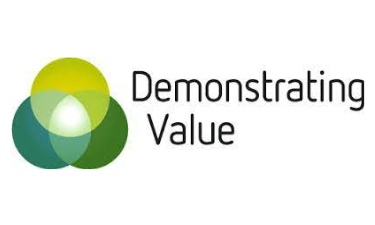
Ashton McGill have created a google sheet for small business owners to model their cashflow over the next few weeks & months. You can download a copy here

The workbook has been developed to support SUL “Social Enterprise Toolkit”. It is aimed at the entrepreneur(s) or community group starting a social enterprise business. It has been designed to help you understand the financial implications of setting up a social enterprise and what they mean to you.

Good financial monitoring systems support successful financial management. This involves getting the information that can provide you with the most insight into your operations and financial position. In other words, getting the right 'financial intelligence'.

Financial management is the process of planning, monitoring, and evaluating all financial aspects relating to your social enterprise.
At its most basic level it is about anticipating and tracking how money comes into your organisation (revenues, funding, investment), how it is invested within your organisation (operating costs, staff costs, purchasing assets, etc) and how it is invested or leaves your organisation (paying operating suppliers, paying staff, purchasing assets, paying investors, etc).

Different investors will have different appetites for loss and return, and this will determine how much capital is available and what it will cost. This cost of capital calculator provides an estimate of how much social investment could cost for your organisation, and what the monthly repayments might be.
